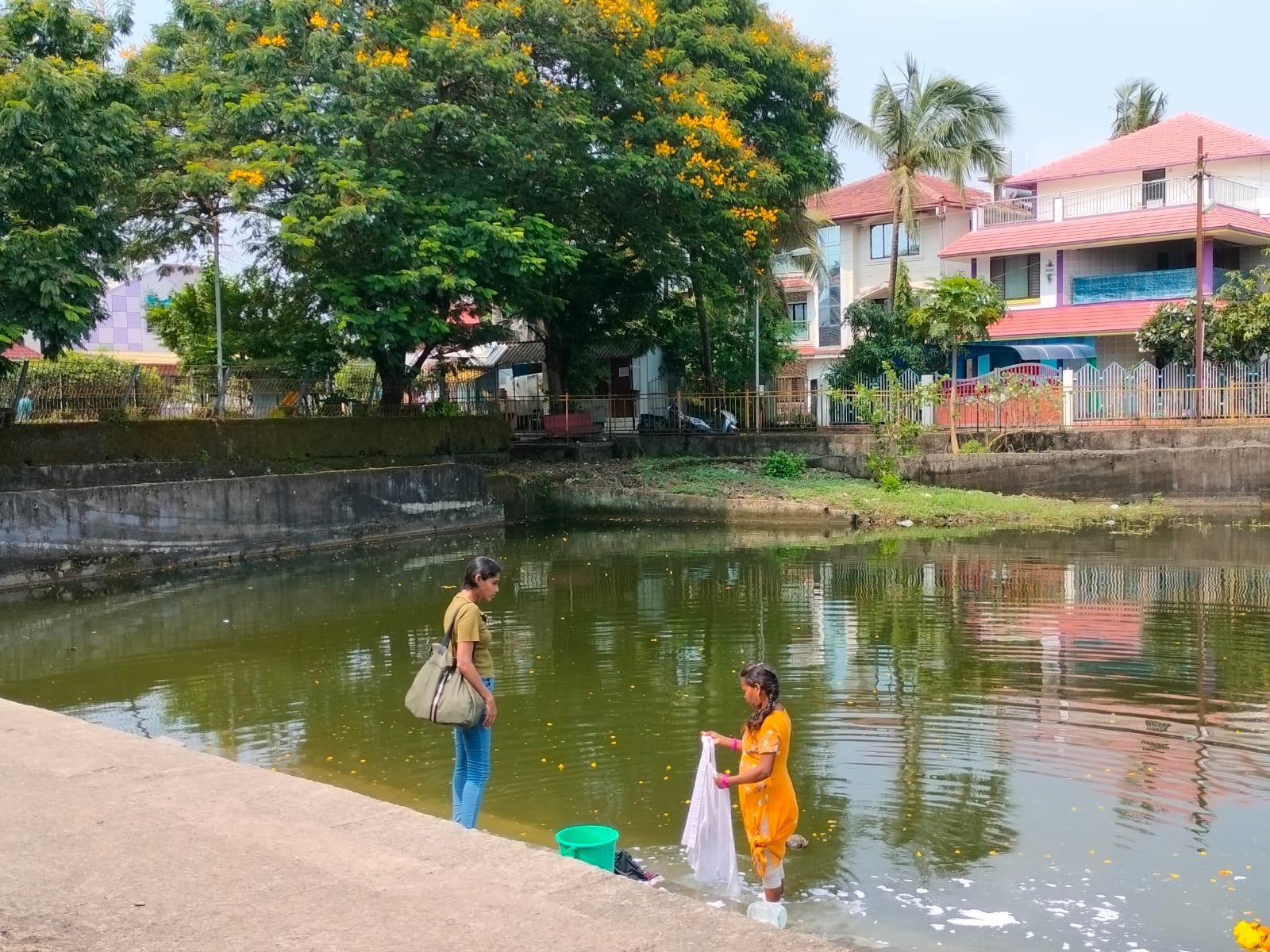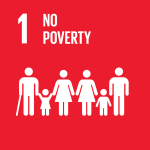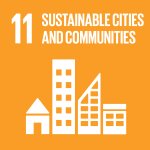
Baku, Azerbaijan – A new publication, Stories of Resilience: Lessons from Local Adaptation Practice, was unveiled today at the Climate Funds Pavilion at COP29. Produced by the Global Center on Adaptation (GCA), the report showcases inspiring narratives of locally led adaptation and dozens of innovative solutions that can reshape realities, and drive global action in the face of climate change.
The 11-chapter publication highlights dozens of groundbreaking solutions, including efforts supported by the UNDP-Adaptation Fund Climate Innovation Accelerator (UNDP-AFCIA), featured in the fourth chapter, ‘Small Grants to Bridge Large Gaps'. The chapter emphasizes the critical role of small grants in empowering local communities to build resilience and adapt to climate change.
Attended by Rohini Kohli, Senior Technical Advisor on Climate Change Adaptation Policy and Planning at UNDP, the launch provided an opportunity for global and national decision-makers responsible for creating an enabling environment – including development partners and international financial institutions – to present their efforts to support locally led adaptation.
Through the UNDP-AFCIA programme, small grants are awarded directly to local non-profits to support climate adaptation initiatives. To date, the programme has awarded 44 grants of US$60,000-250,000 to local initiatives in 33 countries.

These small but impactful investments are already catalyzing change:
In Cambodia, communities in Cambodia are embracing cricket farming, an innovative, sustainable alternative to traditional livestock.
In Mumbai, India, communities are restoring water bodies through nature-based solutions to combat extreme heat and flooding while managing wastewater to protect local ecosystems.
In Micronesia, communities are addressing climate threats to food security by growing crops such as taro, which are more climate-resilient, and by processing harvests for longevity.
In Tanzania, Indigenous communities are restoring degraded rangelands with Indigenous seed varieties saved through community seed banks.
In Brazil, water scarcity is addressed through new techniques for wastewater purification.
Examples of scalable solutions in West Africa, Kenya and Uganda working with social enterprise business models.
Last year’s Stories of Resilience report showcased the progress on locally led adaptation but also surfaced a resounding message: local communities are racing to adapt to climate change because their survival depends on it. However, their gains are patchy and precarious because global and national systems are not changing fast enough in response to their needs.
This year, GCA turned the spotlight on these global and national systems and asked development partners, multilateral institutions and national governments to describe their efforts to support locally led adaptation and to channel flexible, predictable finance to climate vulnerable communities.
The report also explores how locally led adaptation is reflected in National Adaptation Plans and the national strategies and programmes to incentivize such initiatives. It also examines how accountability for adaptation can flow both ways, and why the Principles for Locally Led Adaptation are an important foundation for the discussions on loss and damage finance.
Through rich, community-driven narratives, Stories of Resilience 2024 links the local to the global, demonstrating that locally led adaptation is not just about survival—it is about resilience, empowerment and innovation.
View the report here.
About UNDP- Adaptation Fund Climate Innovation Accelerator (AFCIA) and the Adaptation Innovation Marketplace (AIM)
Supported by the financial contributions from the Adaptation Fund and the European Union, the UNDP-AFCIA programme has awarded 44 micro and small grants to locally led organizations across 33 countries worldwide, accelerating their innovative solutions to build resilience in the most vulnerable communities.
UNDP-AFCIA is one of the funding windows anchored under the Adaptation Innovation Marketplace (AIM), a multi-stakeholder strategic platform that promotes scaled-up adaptation at the local level, launched by UNDP Administrator Achim Steiner at the Climate Adaptation Summit in January 2021.
For more information, please contact UNDP-AFCIA Programme Manager, Monica Borrero monica.borrero@undp.org



